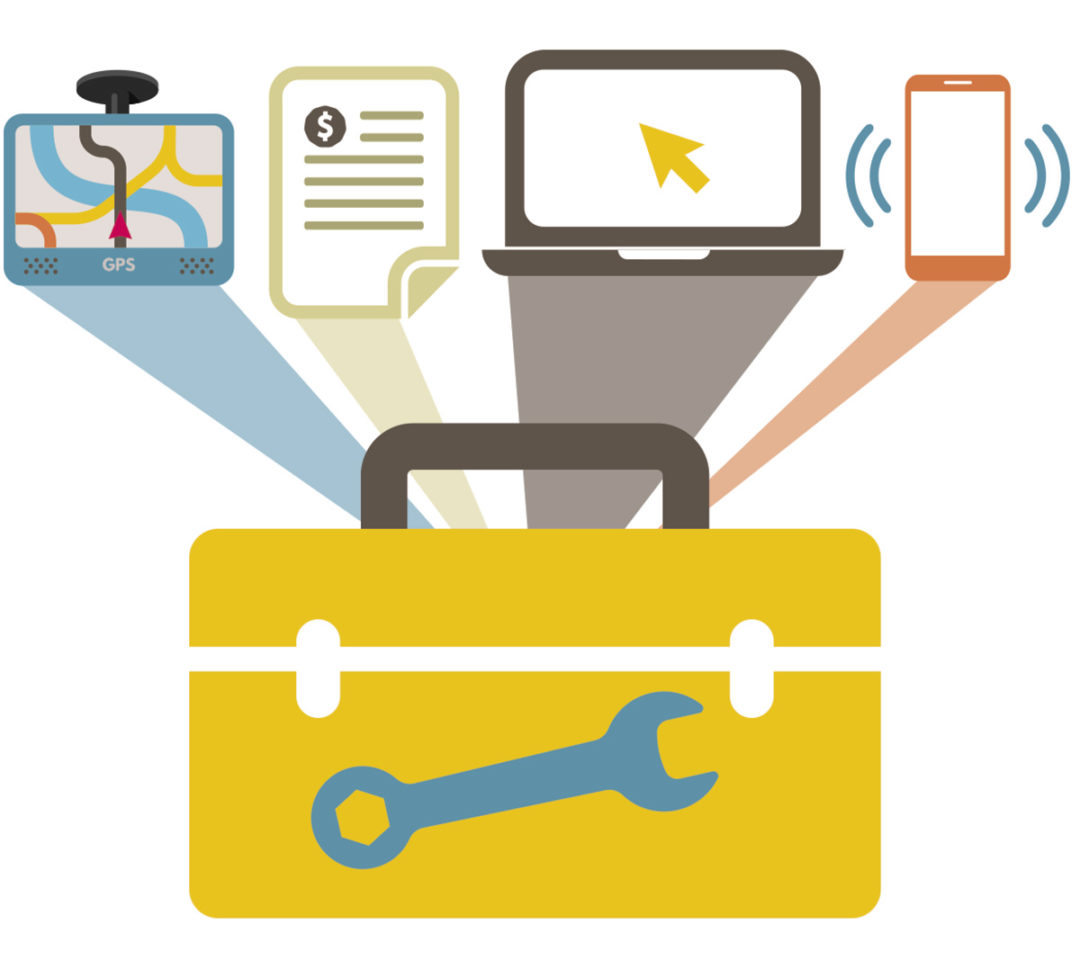Like a wrench is a tool, so are GPS, cellphones and computers. Financial statements are tools, too. They provide accounts of what happened and allow producers to communicate. Usually, the list of people you divulge your net worth to is limited to your banker and hopefully some of your family. A farm is a business with stakeholders who should know the farm's financial position.
Before diving into the usual balance sheet, income statement, cash flow statement and statement of owner's equity (whatever that is …), we need to talk about the power tool of communication. Agricultural producers are intelligent, capable individuals. Often, financial tracking methods include mental tallies, a running checkbook balance only kept in the owner's head. The occasional look at the online banking app adjusts for any mental discrepancies, and business continues as usual. When asked, the producer might respond, "It was a good year" (meaning "I increased my working capital") or "It was dry" (to indicate a loss in working capital and sale of non-strategic assets). Talking about good or bad years isn't the highest form of communication.
While your banker (if your banker speaks farmer) might understand the implications of drought, they will want more information. The four financial statements are ideal for communicating with your banker. However, we aren't all certified public accountants. There are, however, a few things you can do to help yourself communicate.
1. Separate accounts
An account is a report or description of an event or experience. Producers should be able to describe their farm's financial condition apart from personal finance. Separation might be as simple for a small farm as a handwritten ledger for expenses and sales transactions accompanied by a money bag. A medium-size farm could have a checking account denoted "farm" and an account labeled "personal." Larger farms might have entirely different banks specializing in ag lending, while the owners use other banks for personal matters. Having a bank account is not required but does allow producers to connect financial accounts to accounting software. Online tools and applications enable producers to import transactions automatically into the software. Automation saves time in the record-keeping process and prevents data entry errors that can occur with manual entry.
2. Keep an account
Communicating with lenders is all about the numbers. Bankers want to know about capacity, capital, collateral, character and conditions. Capacity is the borrower's ability to repay the loan. Answer the questions: "How much money did you make?" and "How much money do you owe?" While I said to keep separate accounts, the bank will also want to know your personal income and debt. Personal income and debt might be an off-farm job or your student loan debt. Capital is an indication of how serious you are. Can you answer the question, "What do you have invested into your farm already?" Capital might include equipment, written lease agreements, bank statements showing cash in an account, etc. Collateral assures lenders they will get their money back. Be ready to answer the question, "What happens if this doesn't work?" Be honest with yourself and the lender. Character might be your credit history or, in some cases, a review of your actual reputation. Conditions are a topic for a different day but include interest rates, down payments and other mitigating factors.
- If you are communicating with family or other stakeholders in your farming business, communication is less about numbers. If a spouse asks, "How much money did the farm make?" Wait … that's a number. There are some things all the stakeholders should know. Be able to communicate those things in writing.
- Let's take an example of an employee asking, "What would you like me to do today?" The producer might respond, "Plant Davis' field." That might seem simple enough – plant a field. But what is being planted? What is the seeding rate? Which field is that, exactly? What about the old homesite on the northeast corner? Did you remind the employee to skip that part? An account is a description of an event or experience. This form of communication requires a map (denoting where the old house was) with cropping plans. Recounting the time you drove over the old homesite might solidify the reasons for avoiding the area.
3. Write it down
Don't keep accounts in your head. Keep a ledger. A ledger is a book or collection of reports. In the formal sense, a ledger is a place to record financial transactions as either a debit or credit in separate columns with an opening and closing balance. A business might have a general ledger with assets, liabilities, income, expenses and capital. There might be a sales ledger or purchase ledger. However, noting day-to-day activities also serves as a collection of reports to communicate with other stakeholders and with yourself later. No matter how intelligent and capable a producer is, memories fail. Keep a notebook. Write down what you did each day. Write down how many acres you covered. Write down how many pounds of seed you picked up from the neighbor. Months from now, you will have questions for yourself when you file your taxes. Be able to answer those questions with your written accounts of events and experiences.
I know a successful farmer who doesn't use a debit or credit card, just a checkbook with a register. This producer doesn't keep his bank balance in his head; it is in his checkbook. So often, producers lose control of finances by trying to keep them in their heads. Write it down, and give yourself an account to look back on. Farming and finances are stressful enough without pretending you can remember everything all the time. Use the battery-less power tools readily available to everyone so you can communicate with those who matter.






